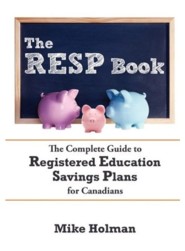My friend Christine has kindly agreed to write a series of posts on her experiences with buying a home for the first time which will be posted occasionally. See Part 5 – The Search.
Of four houses that we were to view, two were unexpectedly taken off the market that day. In one case, a home owner’s spouse had died and she no longer wished to sell. The other house was inexplicably closed to further showings. I found out later that a buyer had offered to pay $80,000 over the asking price. Days on the market: four. The prospective buyer had submitted a “bully offer”, an offer which is submitted before the official offer day. Under this scenario, the seller had a very short time frame, perhaps only 24 hours to consider the offer. The listing agent usually informs the agents of clients who already seen the house, of their need to submit their bids immediately if they wish their offers to be considered against that of the “bully”. Because bully offers are often generous, with few if any conditions, they are often accepted by the homeowner who is happy to accept as much as s/he can for the house.
The first house that my husband and I were able to see with our agent was a three-bedroom semi. For $499,900, it was definitely a fixer-upper with dark rooms and a pervasive damp odour throughout the house. Although the wiring and roof had been recently updated, the house most certainly required an overhaul to be habitable.
House number two was one with which my husband and I fell in love. Ideally located for us location-wise, the house was immaculately renovated and even furnished in our style. Despite our attempts to overlook the current homeowners’ decorating style, we couldn’t help being influenced by the aesthetics. While it was well above our budget, the house was very reasonably priced for the neighbourhood and therein lay our dilemma. After an angst-filled day of crunching the numbers, we had to pass on the house. Our realtor had also been able to ascertain that two home inspections had already been booked, and thus there would be multiple offers on the offer date. As the house was already above our means, we would have been unable to compete. In the end, the gem of a property sold for $100,000 above the asking price and after only a week on the market.
The lesson we took from this exercise was to try to avoid emotional attachments and to judge a house more dispassionately. In the weeks ahead, hopefully something will turn up.
Read the next post in this series “A Close Call“.
